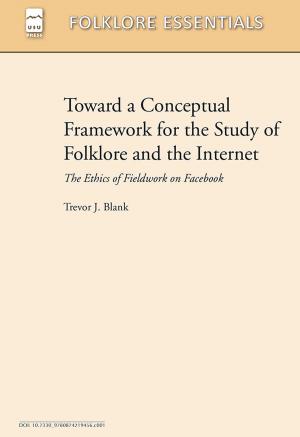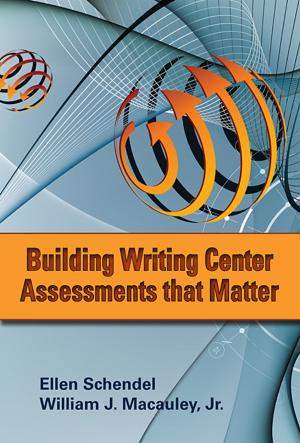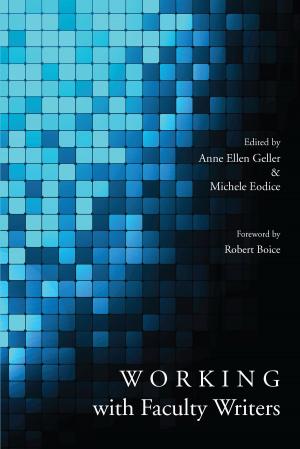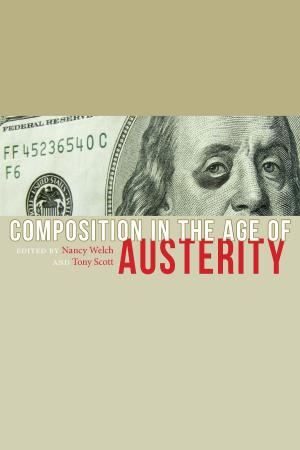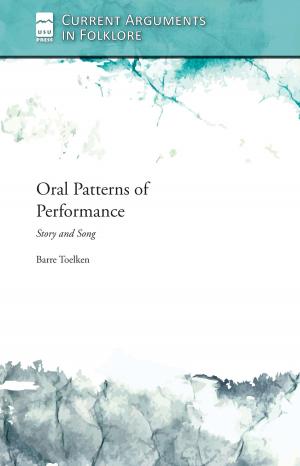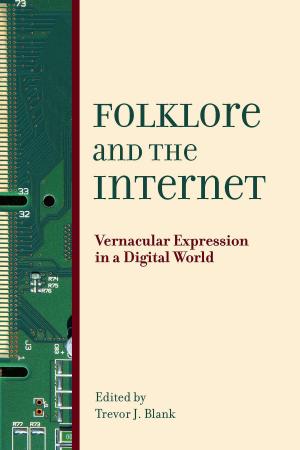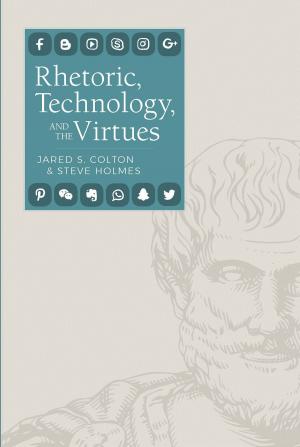Chasing Literacy
Reading and Writing in an Age of Acceleration
Nonfiction, Reference & Language, Language Arts, Writing & Publishing, Composition & Creative Writing| Author: | Daniel Keller | ISBN: | 9780874219333 |
| Publisher: | Utah State University Press | Publication: | December 15, 2013 |
| Imprint: | Utah State University Press | Language: | English |
| Author: | Daniel Keller |
| ISBN: | 9780874219333 |
| Publisher: | Utah State University Press |
| Publication: | December 15, 2013 |
| Imprint: | Utah State University Press |
| Language: | English |
Arguing that composition should renew its interest in reading pedagogy and research, Chasing Literacy offers writing instructors and literacy scholars a framework for understanding and responding to the challenges posed by the proliferation of interactive and multimodal communication technologies in the twenty-first century.
Employing case-study research of student reading practices, Keller explores reading-writing connections in new media contexts. He identifies a culture of acceleration—a gathering of social, educational, economic, and technological forces that reinforce the values of speed, efficiency, and change—and challenges educators to balance new “faster” literacies with traditional “slower” literacies. In addition, Keller details four significant features of contemporary literacy that emerged from his research: accumulation and curricular choices; literacy perceptions; speeds of rhetoric; and speeds of reading.
Chasing Literacy outlines a new reading pedagogy that will help students gain versatile, dexterous approaches to both reading and writing and makes a significant contribution to this emerging area of interest in composition theory and practice.
Arguing that composition should renew its interest in reading pedagogy and research, Chasing Literacy offers writing instructors and literacy scholars a framework for understanding and responding to the challenges posed by the proliferation of interactive and multimodal communication technologies in the twenty-first century.
Employing case-study research of student reading practices, Keller explores reading-writing connections in new media contexts. He identifies a culture of acceleration—a gathering of social, educational, economic, and technological forces that reinforce the values of speed, efficiency, and change—and challenges educators to balance new “faster” literacies with traditional “slower” literacies. In addition, Keller details four significant features of contemporary literacy that emerged from his research: accumulation and curricular choices; literacy perceptions; speeds of rhetoric; and speeds of reading.
Chasing Literacy outlines a new reading pedagogy that will help students gain versatile, dexterous approaches to both reading and writing and makes a significant contribution to this emerging area of interest in composition theory and practice.

